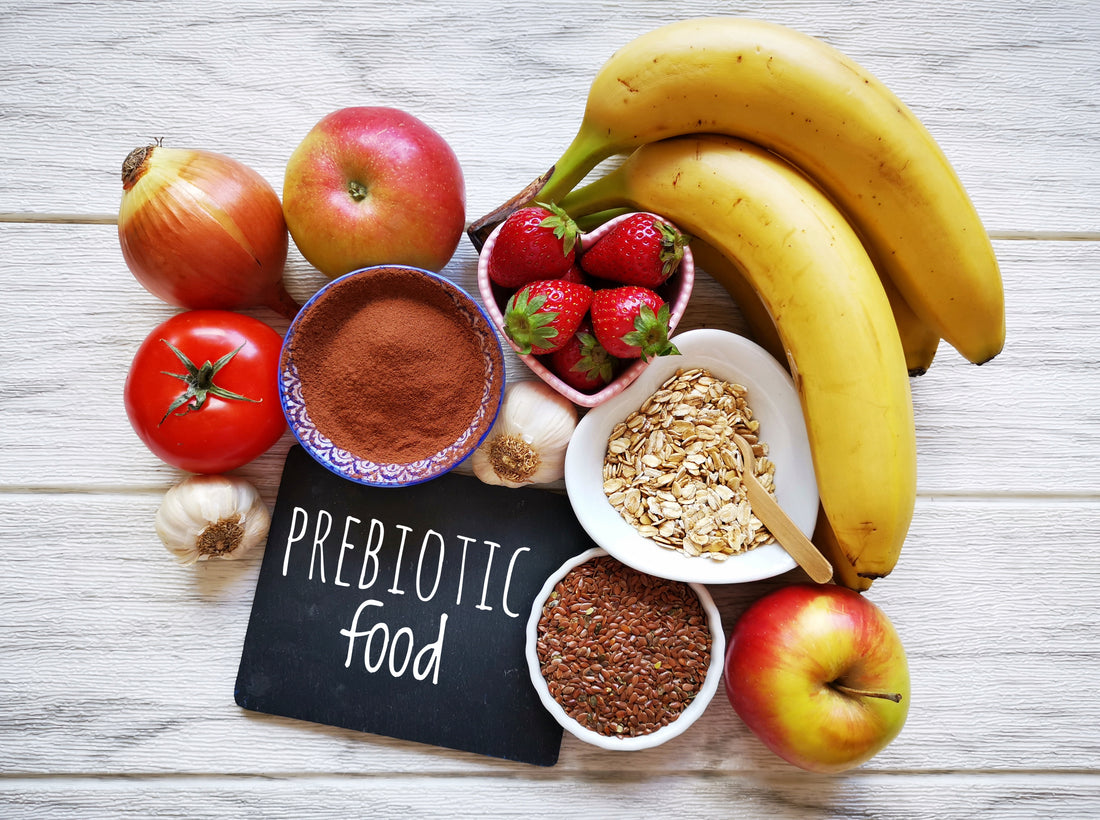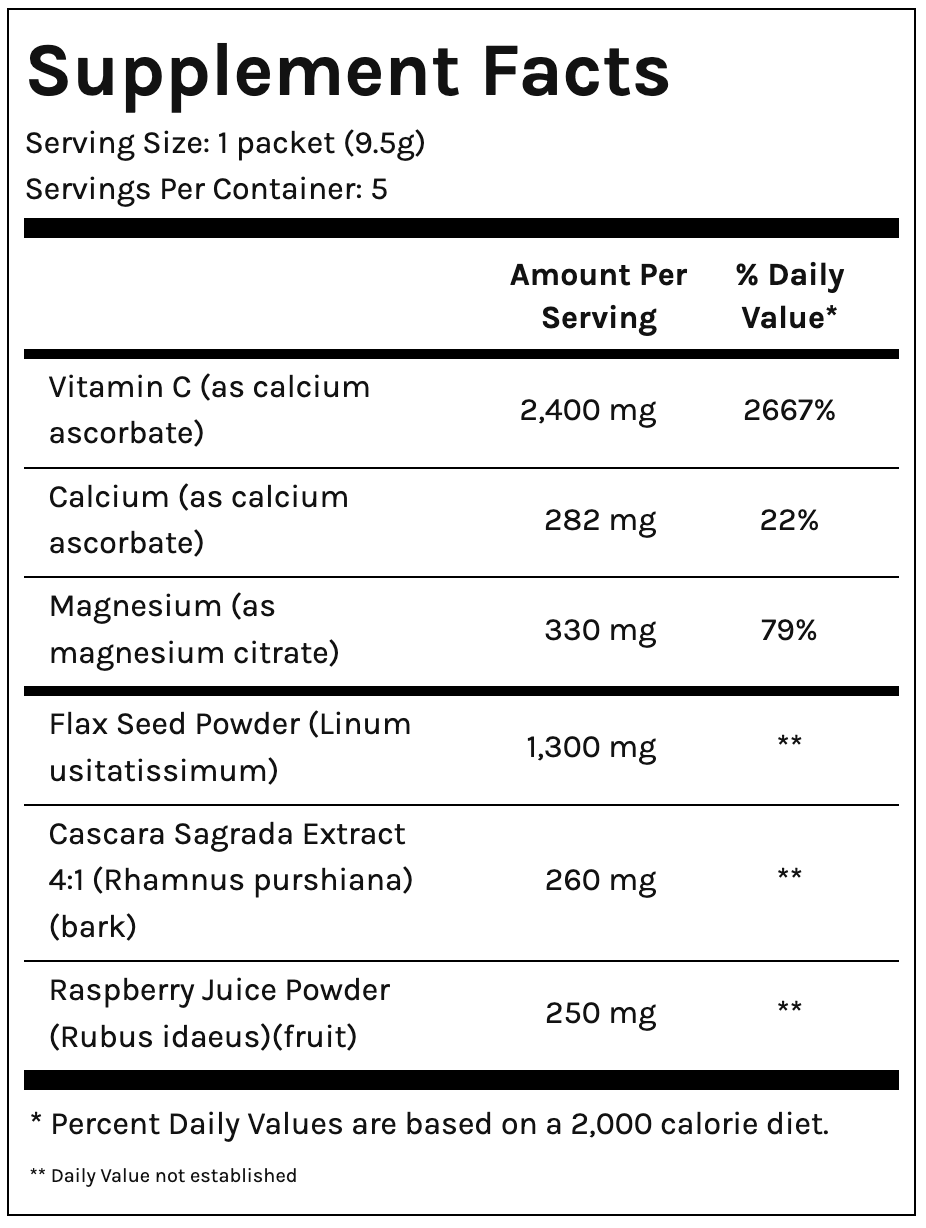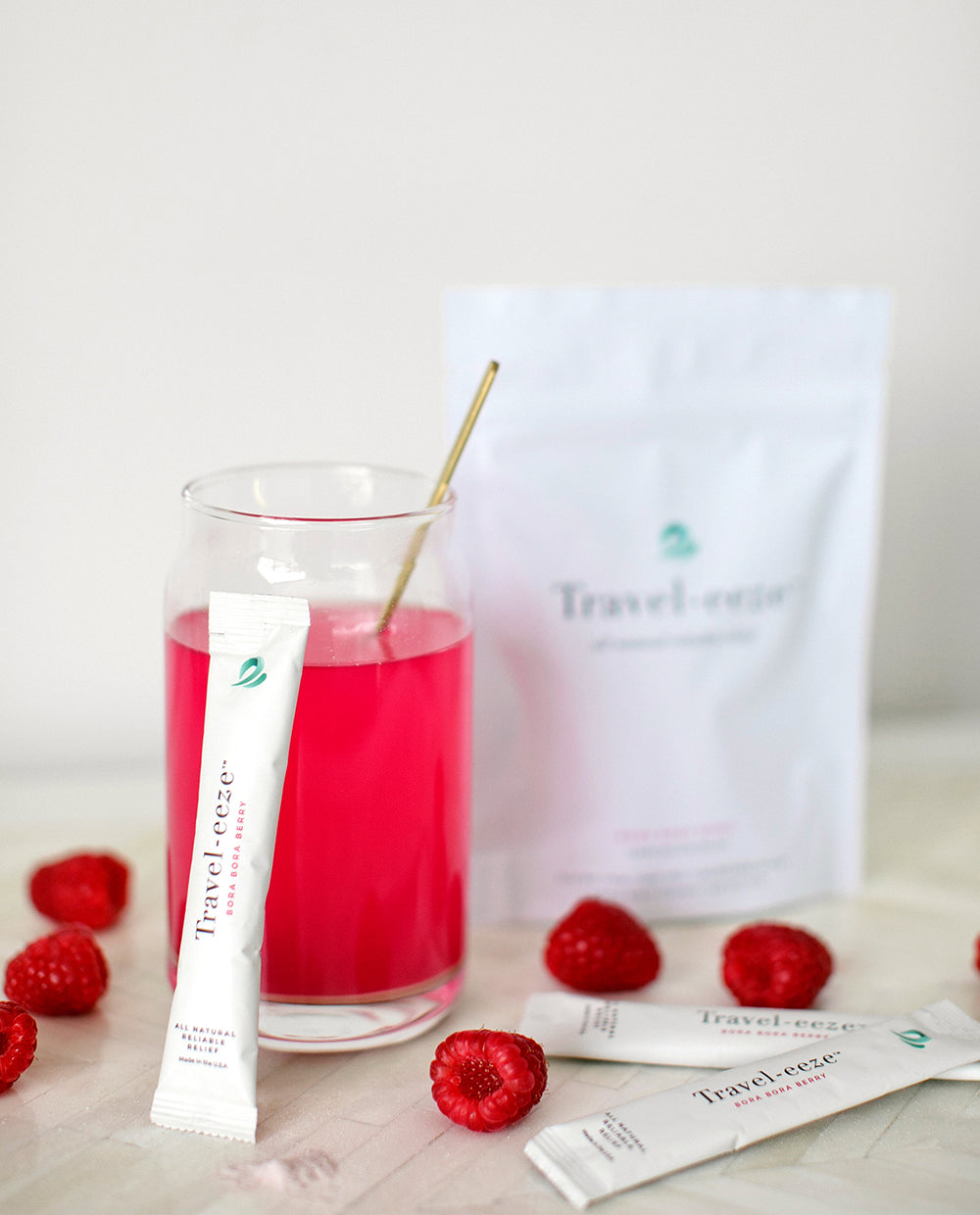The human gut is home to trillions of microorganisms that play a crucial role in our overall health. Two key players in maintaining this complex ecosystem are probiotics and prebiotics. While they may sound similar, they serve distinct but complementary functions in supporting our digestive health and immune system.
Understanding Probiotics
Probiotics are live beneficial bacteria that support our gut health. Think of them as the "good" bacteria that help maintain balance in your digestive system. These microscopic allies help:
- Break down food
- Absorb nutrients
- Fight off harmful bacteria
- Support immune function
- Produce certain vitamins
Best Food Sources of Probiotics
1. **Fermented Dairy Products**
- Yogurt (look for "live active cultures")
- Kefir
- Aged cheeses
2. **Fermented Vegetables**
- Kimchi
- Sauerkraut
- Traditional pickles (fermented, not vinegar-based)
3. **Other Fermented Foods**
- Kombucha
- Miso
- Tempeh
- Traditional sourdough bread
Understanding Prebiotics
Prebiotics are specialized plant fibers that act as food for probiotics. They're essentially the fuel that helps beneficial bacteria thrive. Without prebiotics, probiotics wouldn't have the nourishment they need to function effectively.
Best Food Sources of Prebiotics
1. **Root Vegetables**
- Jerusalem artichokes
- Chicory root
- Garlic
- Onions
- Leeks
2. **Fruits**
- Green bananas
- Apples
- Berries
3. **Whole Grains**
- Oats
- Barley
- Wheat bran
4. **Legumes**
- Chickpeas
- Lentils
- Beans
The Synbiotic Effect
When you combine probiotics and prebiotics in your diet, you create what's known as a "synbiotic" effect. This powerful combination optimizes the benefits of both components. For example, having banana and yogurt for breakfast isn't just delicious – it's also a perfect synbiotic pair!
Tips for Incorporating Pre and Probiotics Into Your Diet
1. **Start Slowly**
- Introduce new fermented foods gradually to avoid digestive discomfort
- Begin with small portions and increase over time
2. **Maintain Consistency**
- Make these foods part of your regular diet rather than occasional additions
- Aim for at least one probiotic-rich food daily
3. **Consider Timing**
- Consume probiotic foods on an empty stomach for optimal absorption
- Space them throughout the day rather than all at once
4. **Preserve the Benefits**
- Avoid heating probiotic foods as high temperatures can kill beneficial bacteria
- Store fermented foods properly according to instructions
Beyond Digestion: Additional Benefits
The benefits of pre and probiotics extend beyond gut health:
- Enhanced immune system function
- Improved mental health through the gut-brain axis
- Better skin health
- Potential weight management support
- Reduced inflammation
Conclusion
A diet rich in both probiotics and prebiotics is one of the best ways to support your gut health and overall wellbeing. By incorporating a variety of these foods into your daily meals, you're not just feeding yourself – you're nourishing the trillions of beneficial bacteria that help keep you healthy.
Remember, everyone's gut microbiome is unique, so pay attention to how your body responds to different foods and adjust accordingly. If you have specific health concerns, always consult with a healthcare provider before making significant dietary changes.
Taking care of your gut health doesn’t have to be complicated or time-consuming. By practicing mindfulness, taking short breaks, and moving your body, you’re already on the path to better gut health and less stress.
I’m building a community of people who care about finding balance in their lives, and I’d love for you to be a part of it. If you found these tips helpful, please like, share, or follow me on social media! Let’s grow this community and take on stress together—one step at a time.
With love and ease,
Elizabeth 🩵
Founder of eeze Natural Health




